The Joy of Cutting Words
The last thing that a poet learns is how to throw away,
And how to make you thrill and creep with what he doesn’t say.— J.R. Lowell
Every writer, including me, knows the thrill of seeing words accumulate on the page. But a morning cutting 1000 words from a project can be just as satisfying as one spent writing the same number. Don’t believe me?
If you find it hard to cut words (every single one of them is so wonderful!), here are a few tricks you can try.
- Imagine you have to pay someone for every word you use.
- Imagine the words you are pulling are like the weeds in your garden. Take out a few weeds and see how much pleasure the flowers you’ve uncovered, or the shape of a shrub, will give you.
- Open an out-takes file into which you can put any deleted words, phrases, sentences, or (gasp!) chapters. (You’re not throwing them away; you’re just setting them aside for possible use at another time.)
I have a huge file of out-takes from the novel I’m working on now. When TWUC announced this year’s Postcard Story Contest, I found a number of scenes in the file that were too long to call “postcards”, but had the potential to work as stand-alone stories.
After some judicial cutting (think surgeon’s scalpel, not axe), I had 5 stories to submit – each containing fewer than 250 words (the max allowable for contest entries). The out-take scenes to start with were 528, 486, 651, 301, and 442 words long.
I may not win a prize with any of my entries. (But I did win 3rd prize in a grain magazine postcard story contest with an abbreviated excerpt from an early draft of Becoming Ruby – it’s in the Fall 2000 issue – so you never know.) Whether I do or not, cutting those words was a very pleasant morning’s work, and a good reminder to me as I continue revising the novel of just how often “less is more”.
Share this post:
Kathy Stinson is the author of the classic Red Is Best and the award-winning The Man with the Violin. Her wide range of titles includes picture books, non-fiction, young adult fiction, historical fiction, horror, biography, series books, and short stories. She has met with her readers in every province and territory of Canada, in the United States, Britain, Liberia, and Korea. She lives in a small town in Ontario.

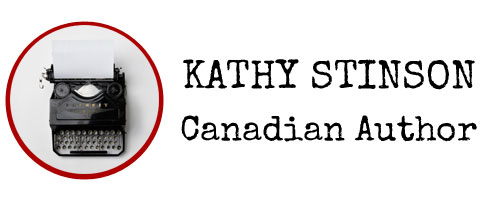
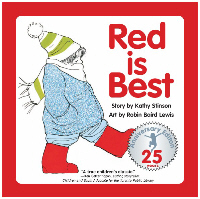
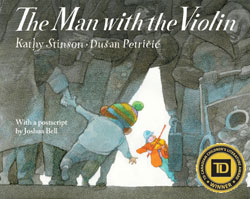
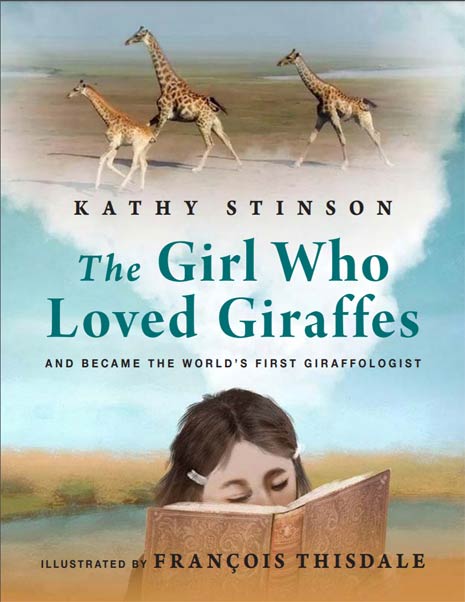
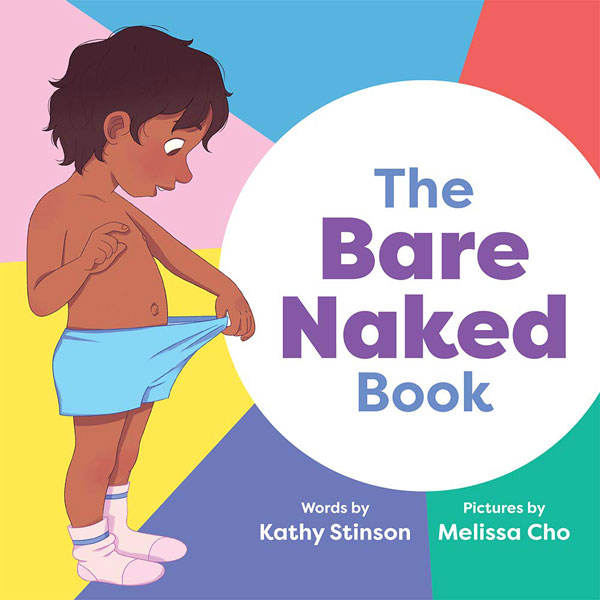
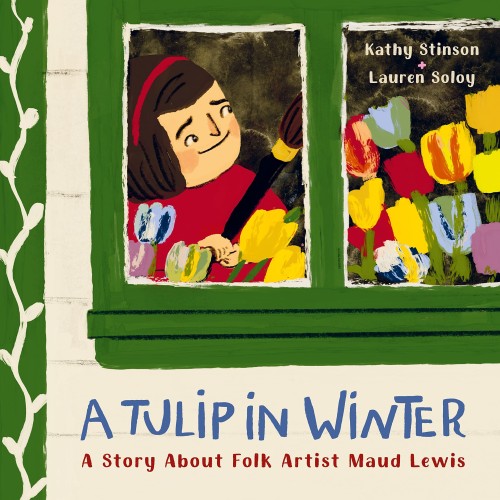
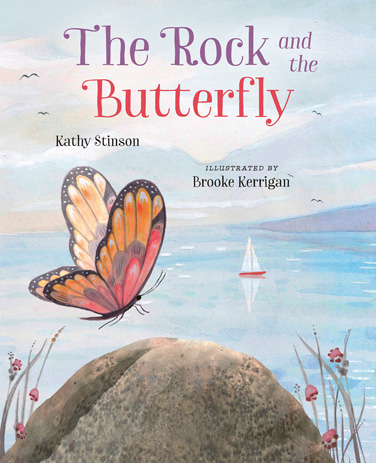
[…] Is it possible to read those lines and not wonder what it was about Pearl Harbour and about that move that did that narrator’s father in? Arriving at the end of “The Third Thing…”, I was reminded of one of my favourite writing quotes (which I used in an earlier post – “The Joy of Cutting Words”): […]